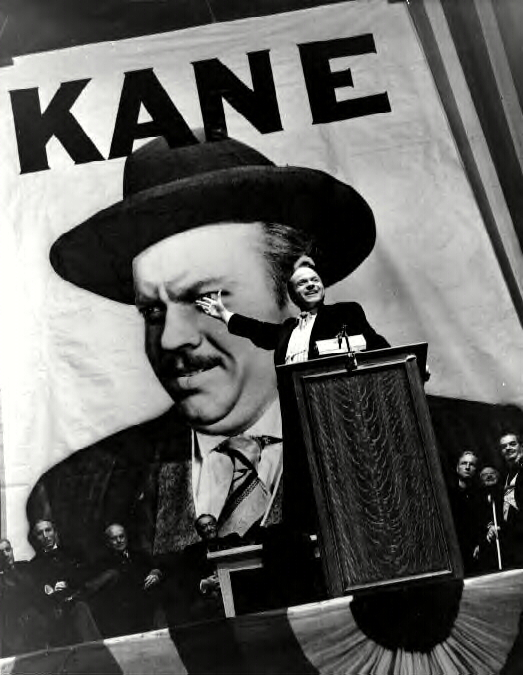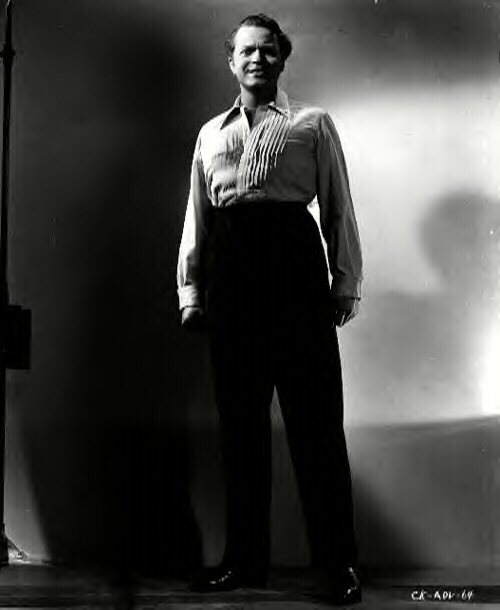The tortured analysis of Coleridge’s Kubla Khan included in John Spencer Hill's Coleridge Companion amounts to a proof by bad example of the superior nature of the Table of Harrier Days and the ICR as interpretive mechanisms. The simple juxtapositions embedded in the structure of TBB speak to us far more clearly than loquacious critics seem able to. In this case, however, the ICR deliberately makes use of all the historical ambiguities of the landmark Coleridge poem and the innumerable literary expositions of its meaning. In the first reading for Evening Prayer, Psom.45 , we are asked to see Harry in Rio as Kubla in Xanadu. But who is Kubla and what is the essential nature of Xanadu? It's the attempt to answer this question which ensnares us in the jungle of analysis exemplified by the likes of John Spencer Hill. An illustrative excerpt:
As it turns out, the ICR connects Psom.45 to Dav.42.29, which homogenizes San Juan Hill, Xanadu, and San Simian (sic) into a single location (or is it locus?). This is especially interesting for those who understand the historical connections that link the publisher William Randolph Hearst, the Spanish American War, the construction of the Hearst castle known as San Simeon , and the movie Citizen Kane (a.k.a. Citizen K_ , Dav.42.1-39). Now we can be certain that at least part of the meaning of Xanadu lies in its identity as the vast prison erected for himself by Charles Foster Kane, the fictional version of Hearst created by Orson Welles.
Here is Xanadu, a.k.a. San Simeon. Beautiful? A few hundred acres of paradise? Not according to the ICR, which offers us the terse dismissal "Ka-boom" and "Flush."

 So,
with these sounds ringing in our ears, are we supposed to believe that
Harry went off to a WRH type of existence? Does it seem possible?
Or is there some significance in the reference to Citizen Kane rather
than to the real Hearst? Despite the commonly held belief, Kane is not
Hearst, but a genuinely fictional composite of Hearst and Henry Luce, another
egotistical publishing tycoon. And consider a couple of other relevant
facts. First, that Citizen Kane is a movie about the difficulty
of knowing who someone really is, a story about a story, if you will. The
life of Kane is recounted out of chronological order via the recollections
of many who encountered him. These witnesses to Kane's life may be truthful
about their own memories of him, but none of them were as great in stature
as he was, and none of them really knew him. Ring a bell? (How about several
bells?) Second, the story of Citizen Kane is also inextricably interwoven
with the story of Orson Welles, the genius who reached the pinnacle of
his career at the age of 26 and then fell from power into semi-oblivion.
In retrospect, he is as complex a character as he was portraying in Citizen
Kane, and it has been suggested that he was telling his own story in
his preocious masterpiece. Perhaps no other story ever intrigued him quite
so much as the one that, by definition, couldn't quite be told. Third,
the movie Citizen K_, as rendered by TBB, is a pastiche of Welles's three
most notable films: Citizen Kane, The Trial, and Touch
of Evil. The implicit identification of Kane with Joseph K_ adds another
layer of complexity to any embedded portrait of Harry we might find there.
And the notorious "Rosebud" also has an identity of its own in the context
of TBB, one which may turn out to be highly interesting as it relates to
Harry. [If you'd like a little more background on Citizen Kane,
check out http://www.bbc.co.uk/dna/h2g2/alabaster/A253757.
It's a BBC site and Hearst's name is annoyingly misspelled. Apart from
that it's a good overview. Pay special attention to the section titled
Unanswered Questions and the material about Welles.] Obviously, every reader
is free to make of these elements what he will. What's the story from your
point of view? While you decide, we must move on to other matters.
So,
with these sounds ringing in our ears, are we supposed to believe that
Harry went off to a WRH type of existence? Does it seem possible?
Or is there some significance in the reference to Citizen Kane rather
than to the real Hearst? Despite the commonly held belief, Kane is not
Hearst, but a genuinely fictional composite of Hearst and Henry Luce, another
egotistical publishing tycoon. And consider a couple of other relevant
facts. First, that Citizen Kane is a movie about the difficulty
of knowing who someone really is, a story about a story, if you will. The
life of Kane is recounted out of chronological order via the recollections
of many who encountered him. These witnesses to Kane's life may be truthful
about their own memories of him, but none of them were as great in stature
as he was, and none of them really knew him. Ring a bell? (How about several
bells?) Second, the story of Citizen Kane is also inextricably interwoven
with the story of Orson Welles, the genius who reached the pinnacle of
his career at the age of 26 and then fell from power into semi-oblivion.
In retrospect, he is as complex a character as he was portraying in Citizen
Kane, and it has been suggested that he was telling his own story in
his preocious masterpiece. Perhaps no other story ever intrigued him quite
so much as the one that, by definition, couldn't quite be told. Third,
the movie Citizen K_, as rendered by TBB, is a pastiche of Welles's three
most notable films: Citizen Kane, The Trial, and Touch
of Evil. The implicit identification of Kane with Joseph K_ adds another
layer of complexity to any embedded portrait of Harry we might find there.
And the notorious "Rosebud" also has an identity of its own in the context
of TBB, one which may turn out to be highly interesting as it relates to
Harry. [If you'd like a little more background on Citizen Kane,
check out http://www.bbc.co.uk/dna/h2g2/alabaster/A253757.
It's a BBC site and Hearst's name is annoyingly misspelled. Apart from
that it's a good overview. Pay special attention to the section titled
Unanswered Questions and the material about Welles.] Obviously, every reader
is free to make of these elements what he will. What's the story from your
point of view? While you decide, we must move on to other matters.
OTHER READINGS
We introduced Harry as Candide through the ICR back on White
Friday. Now the Table wants to make sure we haven’t missed it,
and so we are given a direct assignment to read Pnot.34.
You can take a look at my notes from White Friday and continue to think
of the possible connections between Harry and Candide and their respective
authors . . .
The rest of the readings detail Harry’s arrival in Rio and the mysterious week in between his escape and that arrival. I’ll only call out a few particulars. One is that the ICR wants to make sure you haven’t missed the Dantes connection to Harry. A direct ICR reference from Harry (Ira.46.9) sends you to Pnot.37 , which I discussed in the homily for Escapetide. The Table and the ICR want us to know that Harry is innocent. Imprisoned unjustly! This is usually unacceptable to those who wish to read TBB linearly. Totally unacceptable.
Wil.77 shows the contempt in which the Followers hold Harry. Wil.77 calls back to Wil.69.12 and the parable that Harry told his followers, the one in which he gave them an alternative ending that they preferred to the original ending; i.e., the generous father expels rather than forgives the prodigal sons when they come home begging for more cash. The cynicism and spoiled- child mentality of the Followers are not to be missed, nor is Harry’s generous attitude toward his Followers in the original version of the story.
And, of course, with a whipcrack turnabout typical of TBB, Wht.39 reduces the whole journey to a few flip bullet points.
Kubla? Kane? Joseph K_? Candide? The Count? Will the real Harry please stand up? Or maybe he already did and we just missed it. Our Friend, who art in Rio. . .
Have a Happy Rioday.
So there.